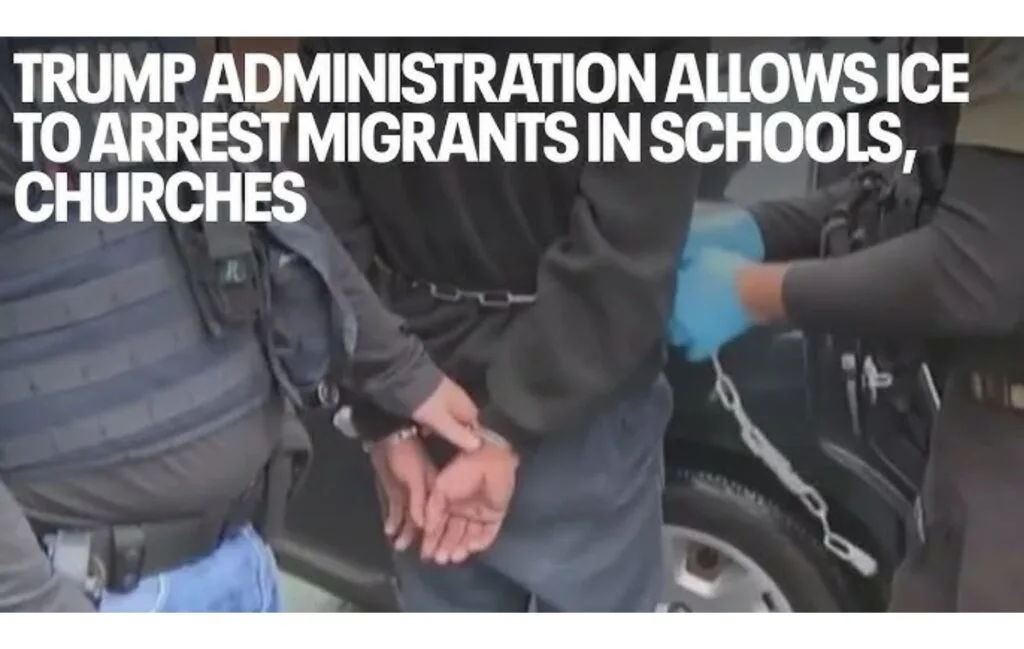Schools nationwide are evaluating how to respond if immigration agents appear at their doors. In major cities, school systems are reaffirming the rights of immigrant students to attend school regardless of their legal status and pledging not to cooperate with Immigration and Customs Enforcement (ICE).
Policies in California
California officials have provided schools with guidance on state laws that limit local involvement in immigration enforcement. California Attorney General Rob Bonta discussed the widespread fear and anxiety surrounding potential changes to immigration policy, emphasizing the importance of preparing students, families, and school staff for the challenges ahead.
The 54-page California guide outlines student protections under state and federal law and details the proper procedures for handling requests from law enforcement, including for student records or interviews.
New Fear Unlocked
The debate over whether or not schools should cooperate with immigration authorities became prominent during Trump’s first term, with some school systems, such as Chicago, taking a stand against immigration enforcement.
U.S. Immigration and Customs Enforcement (ICE) and Customs and Border Protection agents have usually avoided arresting people at schools or other sensitive locations that provide essential services, such as medical facilities and shelters. However, Trump’s re-election and his comments about immigration have raised questions about whether these policies will continue.
California guidelines acknowledge that these protective policies could change at any time and advise local educational agencies to prepare for scenarios where law enforcement may request information or access to students for immigration enforcement purposes.
According to the Migration Policy Institute, approximately 733,000 school-aged children in the U.S. are living here illegally.

Des Moines Public Schools Reassure Families
Many school districts are taking action to reassure immigrant families that their children are safe and welcome. Des Moines Public Schools, where one in four students is an English language learner, issued a statement last month acknowledging how fear over potential deportations could affect students’ well-being and ability to learn. The district also reaffirmed a 2017 resolution that limits ICE interactions with the superintendent.
Chicago and NYC Discuss Policies and Resolutions
Last November, Chicago Public Schools passed a resolution stating that the district would not assist ICE with immigration enforcement and that agents would only be allowed in schools if they had a criminal warrant.
New York City reminded school principals of policies that protect student privacy, including prohibitions on collecting information about a student’s immigration status.
“Our goal is to keep our students’ needs at the forefront.”
Chris Young, the principal of North County Union High School in Vermont, said that his district, which serves many children of migrant and farm workers, has long required law enforcement to present a warrant before accessing students. He emphasized that students who are concerned about the deportation of family members are a priority and that schools aim to be safe havens for all students.
“We want them to feel that school is a place where they’re secure, and we are working to ensure that our policies support this,” Young said. “Our goal is to keep students’ needs at the forefront.”


